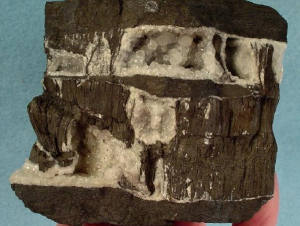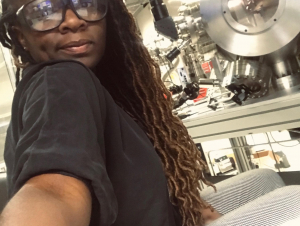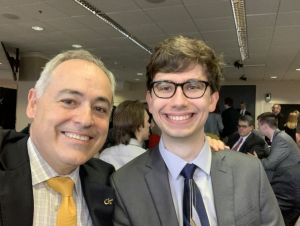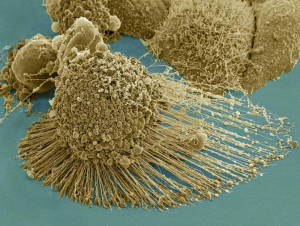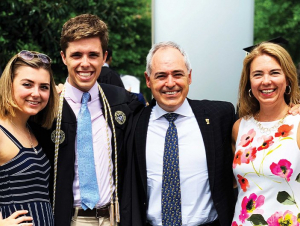To request a media interview, please reach out to experts using the faculty directories for each of our six schools, or contact Jess Hunt-Ralston, College of Sciences communications director. A list of faculty experts is also available to journalists upon request.
Latest News
Manganese oxide is found all over nature, and it plays an important role in ecological processes. Scientists want to understand that role better, but it's been difficult to recreate the form of manganese oxide known as todorokite in laboratory settings. A research group from the School of Earth and Atmospheric Sciences says it's been able to discover some of the secrets of this mineral's mysterious processes.
Thousands of people focused on the future of Georgia Tech by helping us complete phase one — visioning and drafting — of Georgia Tech’s strategic planning process. Now, the process moves into the goal-setting phase that will include an opportunity for review and input from the Georgia Tech community.
When it comes to Black History Month, Crystal Bell is grateful for an opportunity to highlight the academic, cultural, and historical achievements of African American figures.
Daniel Gurevich's 2020 is off to a great start. Gurevich is the recipient of a University System of Georgia's Academic Recognition Day Award for his work on completing bachelors degrees in three majors: mathematics, physics, and industrial and systems engineering. The May candidate for graduation is also an international chess master.
A new study from the School of Biological Sciences raises questions about the chances for cancer to develop in human cells. The research, led by Professor John McDonald, is testing a widely-held hypothesis that involves how many mutations in tumor-suppressing genes are needed for the onset and development of the disease.

